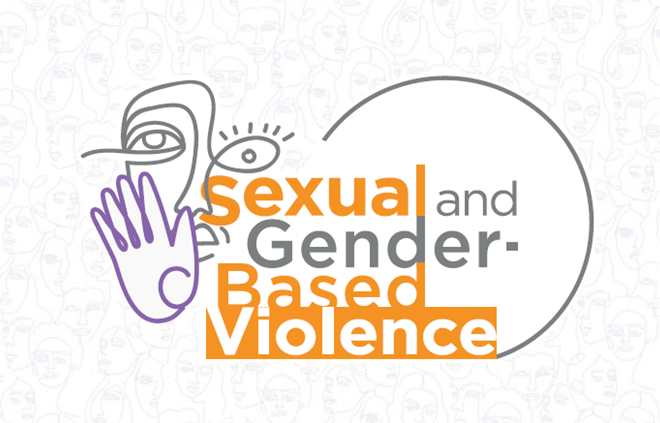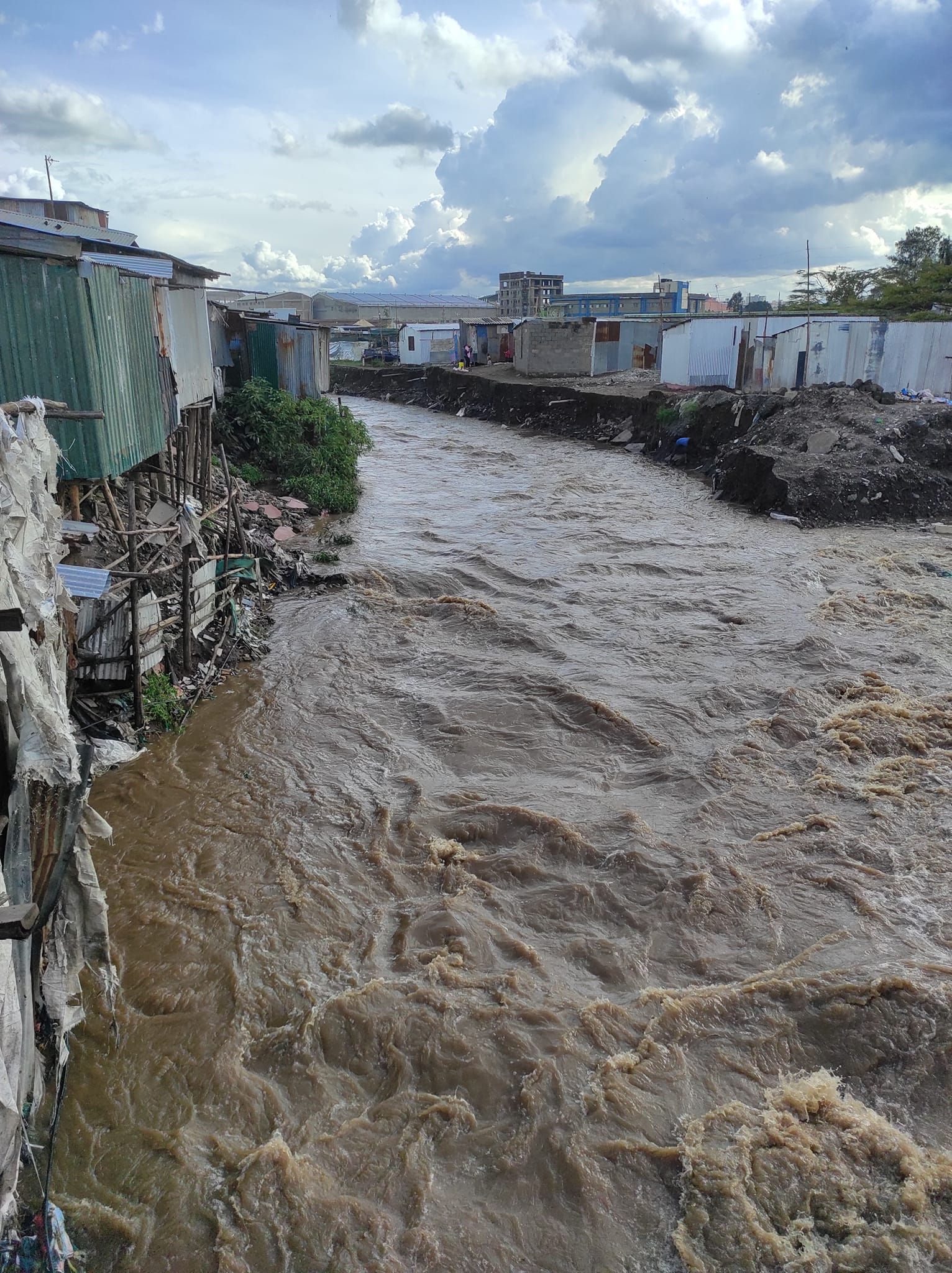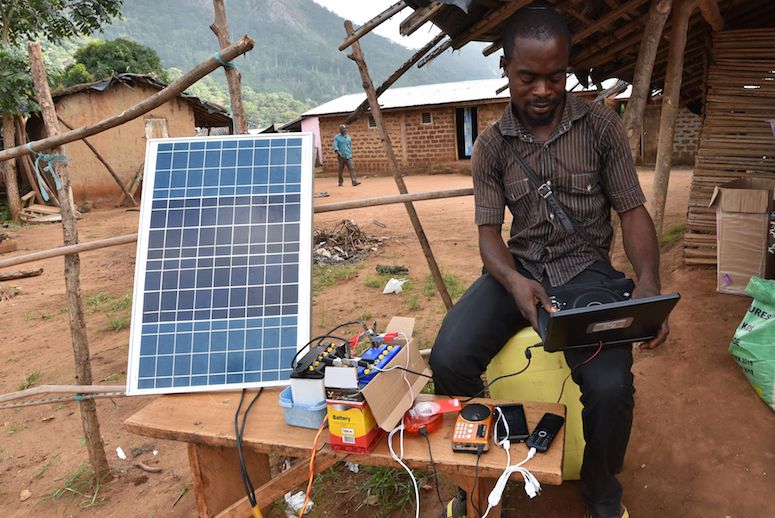FALSE: Photo does not show the drought situation in Embolioi, Kajiado County, in October 2022
FALSE: This image is not from Saba Saba anti-government protests in Nairobi, Kenya, in July 2023
The photo is of protesters during anti-IEBC demos in 2016.

This Facebook post with an image supposedly of the situation in Nairobi during the Saba Saba protests on 7 July 2023 is FALSE.
The photo is of a crowd, with some people running away from what appears to be tear gas. The accompanying text reads: “Situation right now in Nairobi CBD #SabaSaba Ngoma iwake (let the music start) (sic).”
The post was shared on 7 July 2023 amid the opposition-led nationwide anti-government protests.
On that day, social media users shared images and videos from various parts of the country purportedly of the unfolding events.
However, some of the images shared online were either old or unrelated to the protests as debunked by PesaCheck in a previous article.
Similarly, to establish the authenticity of the image under review, we conducted reverse image searches on Google and Bing.
The results show that the image appeared online prior to 7 July 2023 and has been used in news reports as well as on social media posts.
A 15 March 2020 news report by The Star dates the image to 16 May 2016 demonstrations.
Worsening insecurity portends violent, divisive polls
Dialogue urgently needed to devise ways of dealing with insecurity.
www.the-star.co.ke
Various local and international news outlets also reported protesters being teargassed in Nairobi on 16 May 2016, as seen here, here and here. The protests were against the Independent Boundaries and Electoral Commission (IEBC) with the demonstrators demanding electoral reforms ahead of the 2017 general elections.
PesaCheck has looked into a Facebook post with an image supposedly of the situation in Nairobi during the 7 July 2023 Saba Saba protests and found it to be FALSE.
This post is part of an ongoing series of PesaCheck fact-checks examining content marked as potential misinformation on Facebook and other social media platforms.
By partnering with Facebook and similar social media platforms, third-party fact-checking organisations like PesaCheck are helping to sort fact from fiction. We do this by giving the public deeper insight and context to posts they see in their social media feeds.
Have you spotted what you think is fake or false information on Facebook? Here’s how you can report. And, here’s more information on PesaCheck’s methodology for fact-checking questionable content.
This fact-check was written by PesaCheck Fact-Checker Harriet Ogayoand edited by PesaCheck Senior Copy Editor Cédrick Irakoze and acting Chief Copy Editor Francis Mwaniki.
The article was approved for publication by PesaCheck Managing Editor Doreen Wainainah.
PesaCheck is East Africa’s first public finance fact-checking initiative. It was co-founded by Catherine Gicheru and Justin Arenstein, and is being incubated by the continent’s largest civic technology and data journalism accelerator: Code for Africa. It seeks to help the public separate fact from fiction in public pronouncements about the numbers that shape our world, with a special emphasis on pronouncements about public finances that shape government’s delivery of Sustainable Development Goals (SDG) public services, such as healthcare, rural development and access to water / sanitation. PesaCheck also tests the accuracy of media reportage. To find out more about the project, visitpesacheck.org.
PesaCheck is an initiative of Code for Africa, through its innovateAFRICA fund, with support from Deutsche Welle Akademie, in partnership with a coalition of local African media and other civic watchdog organisations.






